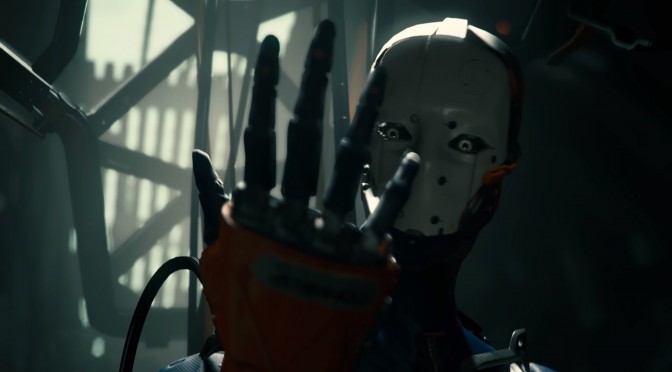Unity has released a new beta version of its Unity Engine to all Unity users, including Personal Edition users. And as the title suggests, the key new feature of the Unity 5.6 beta is its support for the Vulkan API.
According to Unity, developers can expect a rendering performance improvement out-of-the box up to 60% using Unity, and that is without having to deal with any specifics of the Vulkan API.
As Unity claimed:
“Vulkan is a new generation graphics and compute API that provides high-efficiency, cross-platform access to modern GPUs on desktop and mobile platforms. It’s designed to take advantage of multiple CPU cores by allowing multiple threads to run in parallel. This means increased speed with reduced driver overhead and CPU workload, leaving the CPU free to do additional computation or rendering.”
Unity 5.6 beta also includes a lot of improvements for overall graphics, including the Metal Compute, Particle System and GPU Instancing.
Unity plans to add some really cool new features in the next beta version of Unity 5. One of them is the new Progressive Lightmapper for baked lightmaps providing fast iterations and predictable ETA. Furthermore, Unity will add Light modes.
“Light modes are replacing mixed mode lighting, providing flexible and efficient ways to merge baked and realtime shadows. This come with the ability to bake shadowmasks, providing seamless “past realtime shadow distance” shadows. The result will be a high reduction in realtime shadow distance for increased performance. Realtime shadow fade out has been added for every light type and rendering path.”

John is the founder and Editor in Chief at DSOGaming. He is a PC gaming fan and highly supports the modding and indie communities. Before creating DSOGaming, John worked on numerous gaming websites. While he is a die-hard PC gamer, his gaming roots can be found on consoles. John loved – and still does – the 16-bit consoles, and considers SNES to be one of the best consoles. Still, the PC platform won him over consoles. That was mainly due to 3DFX and its iconic dedicated 3D accelerator graphics card, Voodoo 2. John has also written a higher degree thesis on the “The Evolution of PC graphics cards.”
Contact: Email

